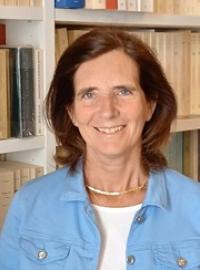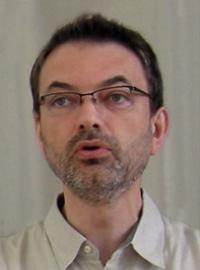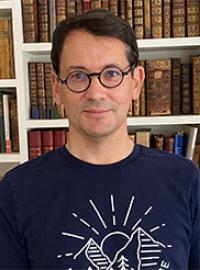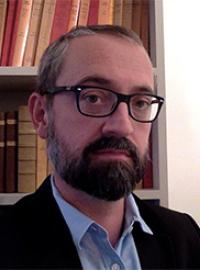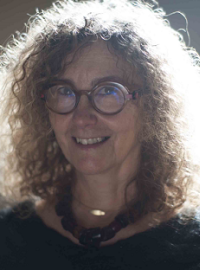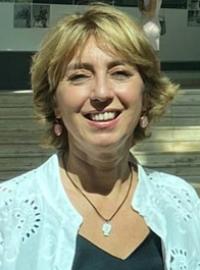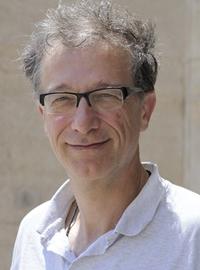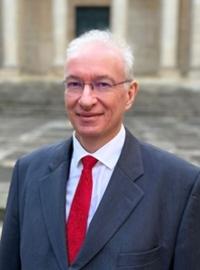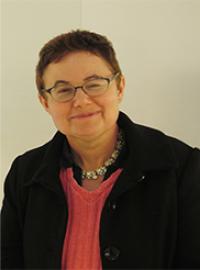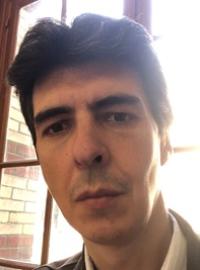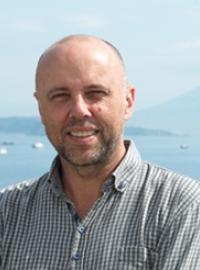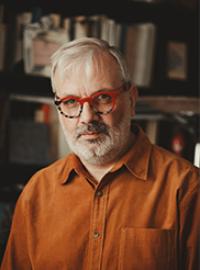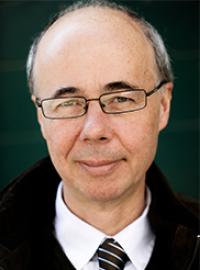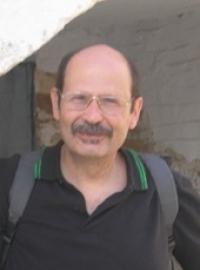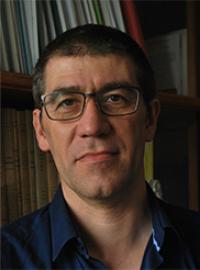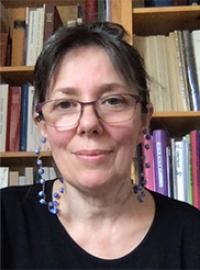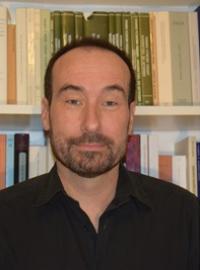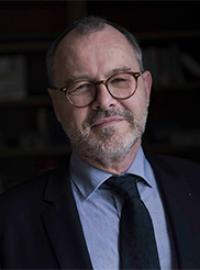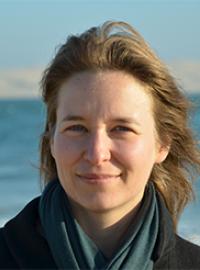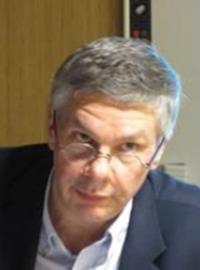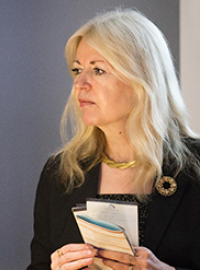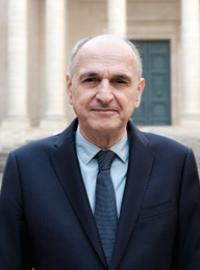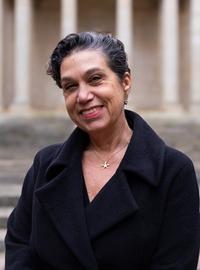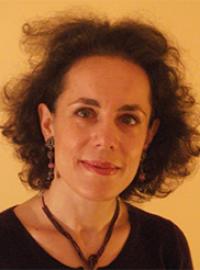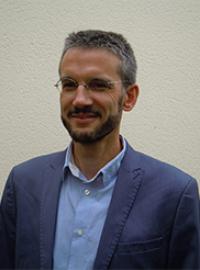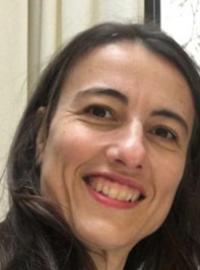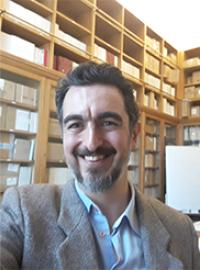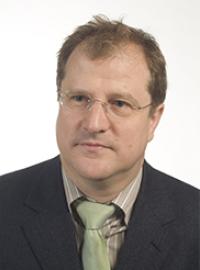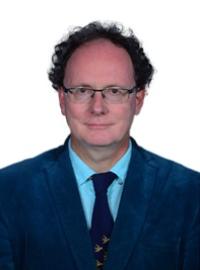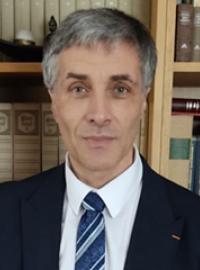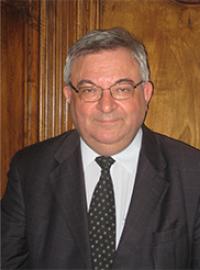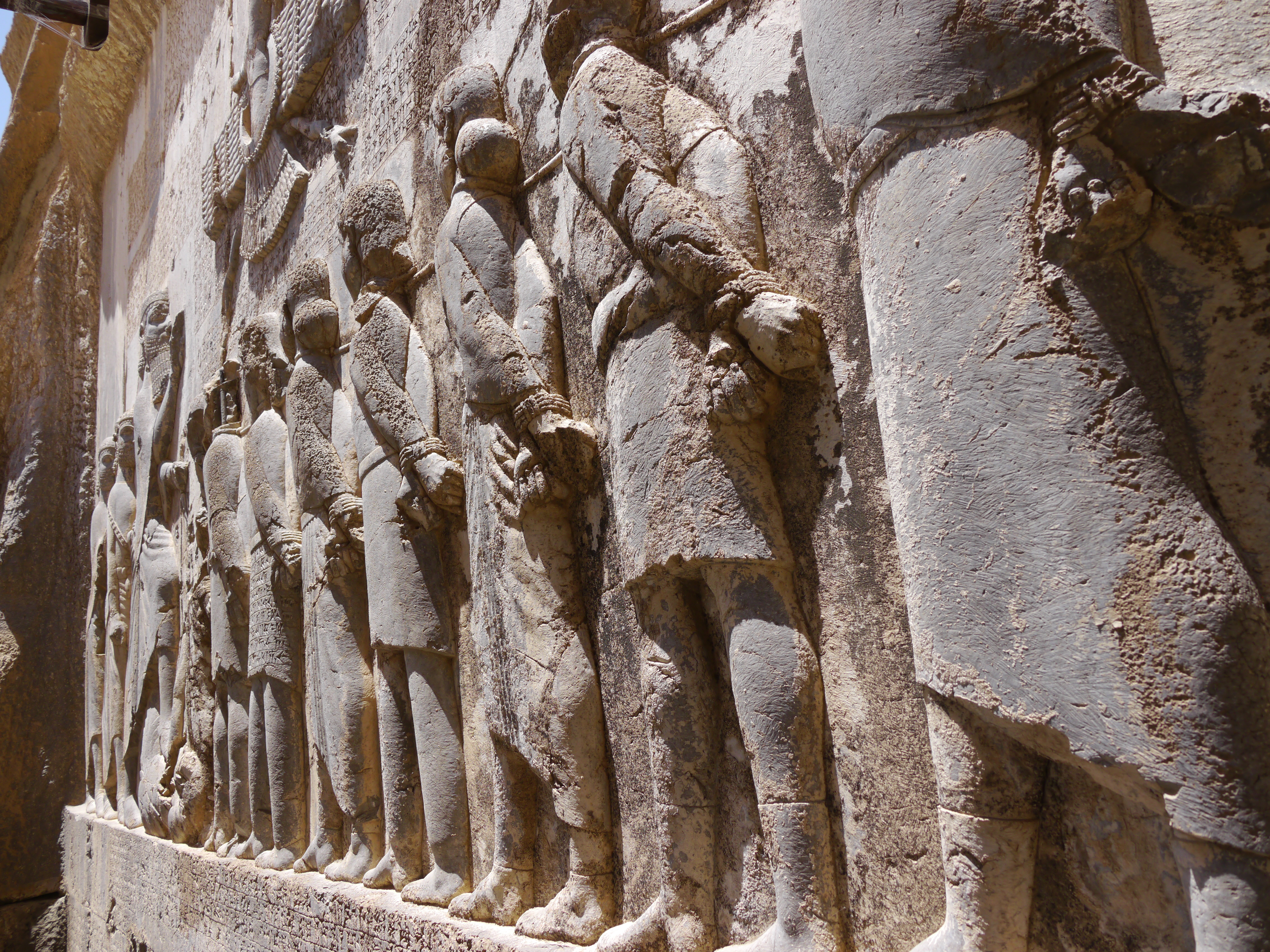
Master Civilizations, Cultures and Societies
Université PSL
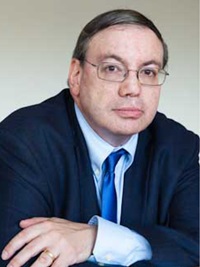
Operated by the EPHE, this master's degree is dedicated to the study of the various dimensions of civilizations and cultures in the mainly Mediterranean and European areas, both synchronically, in terms of their internal dynamics and their relations with the surrounding worlds, and diachronically, from earliest antiquity to the present day.
The Master's program 'Civilizations, Cultures and Societies' is offered in six distinct tracks. For any request for additional information or to contact the track coordinators, please refer to the 'Contact' section.
The “Civilizations, Cultures and Societies” Master's degree at PSL University is dedicated to the study of the various dimensions (historical, linguistic, religious, political, social, intellectual) of civilizations and cultures in the mainly Mediterranean and European areas, both synchronically, in terms of their internal dynamics and their relations with the surrounding worlds, and diachronically, from earliest antiquity to the present day. The course combines the approaches of the scholarly sciences (primarily philology, epigraphy, archaeology and archival sciences , but also papyrology, numismatics, heraldry and iconography) with the information processing methods of humanities and social sciences.
Teaching objectives
The aim of this master’s program is to provide students with general and technical knowledge, as well as disciplinary and cross-disciplinary skills, enabling them to conduct independent research as part of a doctoral project or other activity with a strong knowledge-production dimension. In other words, the aim is to train not only professors in secondary and higher education, who master research methods and tools, but also practitioners in the fields of heritage, the press, publishing, cultural communication and tourism.
Proposed courses at the start of the 2025/2026 academic year
5 courses will be offered in Master 1 (M1)
- Mediterranean and Near Eastern Antiquity: languages, history, religions
- Medieval studies: texts, cultures and religions
- Modern and contemporary studies: religions, cultures, politics
- Geohistory and geopolitics: spaces, cultures, powers
- Historical linguistics and language typology
6 courses will be offered in Master 2 (M2)
- Mediterranean and Near Eastern Antiquity: languages, history, religions
- Medieval studies: texts, cultures and religions
- Modern and contemporary studies: religions, cultures, politics
- Geohistory and geopolitics: spaces, cultures, powers
- Political and cultural history of medieval, modern and contemporary Europe (dual Franco-Italian Master's degree with the University of Pisa)
- Historical linguistics and language typology
Recommended bachelor's degrees to enter M1
- Bachelor's degrees in Humanities, History, Art History and Archaeology, Philosophy, Literature, Language Science, Theology, Law, Human Sciences, Anthropology, Ethnology, Political Science, Musicology, Foreign and Regional Literature and Civilization, Literature, Languages.
- Undergraduate diplomas attesting to the acquisition of skills comparable to those of graduates from the above-mentioned courses will also be carefully considered (e.g. 1st cycle diploma from the École du Louvre).
Recruitment procedure
Based on application files.
Entrance requirements for M1
- To demonstrate a sufficient level of academic and/or personal knowledge and skills in the chosen field, as well as writing and summarizing abilities.
- To present a research project in line with their training and skills, validated by the course tutor.
- Proficiency in the language(s) involved in the research project. For foreign candidates without a certificate of French language proficiency (level B2), a test should be taken at the start of the academic year, and learning FLE will be compulsory below level B2.
General criteria for M1 applications
- A tutor’s certificate.
- A cover letter.
- Research project with a signed agreement from the future tutor who will direct the research and who must belong to the course.
- A Curriculum Vitae.
- Copies of higher education diplomas; translations into French for foreign diplomas or, in the absence of it, into English.
- Copies of higher education transcripts (L1, L2, S5 of L3 required); French translations for foreign diplomas.
- A letter of recommendation (optional).
If you hold a bachelor’s degree (bac+3) from a source other than the Ministry of Higher Education, please complete the Validation of Prior Learning (VA) form and attach it to your application.
Composition of the recruitment committee
10 members (9 directors of studies, one HDR lecturer, including 7 course leaders).
Recruitment calendar 2025/26
- February 25th to March 24th, 2025
Master 1 recruitment is carried out on “Mon Master”, the national Master's platform.
This platform is intended for:
- students who hold (or preparing for ) a national bachelor's degree or another diploma giving access to the master's program, whether they are French citizens or nationals of the European Economic Area, Andorra, Switzerland or Monaco;
- applicants of foreign nationality whose country of residence does not benefit from the Études en France scheme (list of countries available) on the Campus France website and the Études en France portal).
Applicants of foreign nationality (excluding nationals of the European Economic Area, Andorra, Switzerland or Monaco), whose country of residence does benefit from the Études en France program, as well as applicants for entry to the second year of a master’s degree, must submit their application on the PSL University TALENT recruitment platform.
Applications to the “Mon Master” website will open on February 25th, 2025. Applicants must go directly to the platform to apply for a Master 1 degree.
Information on the new system and timetable can be found on the Ministry of Higher Education and Research website..
Applicants excluded from the program and wishing to enter the second year of a master’s degree are invited to apply on the PSL University recruitment platform.
Important. Students should refer to the Master's syllabus to construct their semester, choosing their courses from the constituent teaching units in agreement with their teaching tutor. Courses are divided into Research Seminar, Tutor's Research Seminar, Common Core, Methodology and Modern Languages.
5 courses are offered in Master 1
- Mediterranean and Near Eastern Antiquity: languages, history, religions
The aim of this course is to provide a comprehensive knowledge of Antiquity, from the end of the 4th millennium BC to Late Antiquity. It covers all areas of the Mediterranean and Near East in their linguistic, historical, philosophical and religious dimensions (polytheisms as well as monotheisms). It is based in particular on training in research techniques (scholarly sciences: philology, epigraphy, archaeology, papyrology, numismatics, iconography) and the teaching of rare languages.
- Medieval studies: texts, cultures and religions
This course covers the Middle Ages. Chronologically, it covers the medieval millennium, without neglecting to go backwards or forwards for the sake of coherence, particularly when it comes to the ancient heritage or the slow genesis of the frameworks of modern Europe. Geographically, it covers the medieval West, Byzantium and Eastern Christianity, with a focus on the Hebraic and Arab-Muslim worlds in the Middle Ages. The courses are characterized by a strong emphasis on the study of sources, particularly textual ones, and by the “cultural” dimension of the fields of research explored, the adjective “cultural” being taken in its broadest sense: knowledge and techniques, the production of writing, cultural transfers, systems and currents of thought, beliefs and representations.
- Modern and contemporary studies: religions, cultures, politics
The course is characterized by the strong interdisciplinarity reflected in its title, by its chronological breadth, since it covers the modern and contemporary periods, and by its spatial breadth, since it does not restrict its field to Western Europe but makes ample room for the Germanic world and the peripheries of the old continent (the Mediterranean and the Ottoman Empire in particular). It favors comparative approaches and the history of cultural transfers.
- Geohistory and geopolitics: spaces, cultures, powers
The course explores the multiple interactions between geographical frameworks (both physical and cultural), forms of power and politico-strategic relations. It covers the modern and contemporary periods, with, at first glance, no geographical restrictions. In conjunction with the École de Guerre de Paris, it gives pride of place to the critical history of geopolitical and strategic ideas, both in their classic forms and in their most recent developments.
- Historical linguistics and language typology
This course offers practical training in linguistic methods and theories, with particular emphasis on historical and comparative linguistics and the typology of the world's languages. It draws on the wide typological diversity of languages studied by professors at the EPHE-PSL and at partner institutions. The aim is to provide training in the methods of linguistic analysis based on textual sources (manuscripts, epigraphy) as well as on oral documents collected through field surveys. The course is tailored to each student's individual orientation, depending on the linguistic area studied. It is possible for students to train in, or complete their training in, different languages over the course of the two years.
6 courses are offered in Master 2
- Mediterranean and Near Eastern Antiquity: languages, history, religions
- Medieval studies: texts, cultures and religions
- Modern and contemporary studies: religions, cultures, politics
- Geohistory and geopolitics: spaces, cultures, powers
- Historical linguistics and language typology
- Political and Cultural History of Medieval, Modern and Contemporary Europe (double degree EPHE-PSL / University of Pisa)
With a student selection procedure common to both the EPHE-PSL and the University of Pisa, this program offers an integrated curriculum leading to the award of a double degree. Students enrolled in this program are eligible for mobility in M2 as part of the European Erasmus program.
- Doctoral studies. Students with the best results can apply for doctoral contracts (funded by a higher education institution, association or government body). The thesis discipline will depend on the research theme, the tutor's specialty and the student's academic background.
- Careers in the tertiary sector, particularly related to heritage, the press, publishing, cultural communication and tourism.
At the EPHE-PSL, the internationalization of our courses means that every student has the opportunity to undertake a study or internship mobility program.
The International Relations Department assists students in defining and implementing their projects, identifying the most appropriate financial instruments and schemes.
Holder of the “Welcome to France” label and the Erasmus+ 2021-2027 charter, the EPHE-PSL has also been welcoming a large and growing number of international students for many years.
Go to International relations
Download: Directory of financial mechanisms and instruments for international projects
Who should you contact? International Relations Department
Course leaders
- Mediterranean and Near Eastern Antiquity: languages, history, religions - Samra AZARNOUCHE
- Medieval studies: texts, cultures and religions - Michel CACOUROS
- Modern and contemporary studies: religions, cultures, politics - Jean-Claude YON
- Geohistory and geopolitics: spaces, cultures, powers - Martin MOTTE
- Political and cultural history of medieval, modern and contemporary Europe (European course) - Stéphane PÉQUIGNOT
- Historical linguistics and language typology - Alessia BAUER


